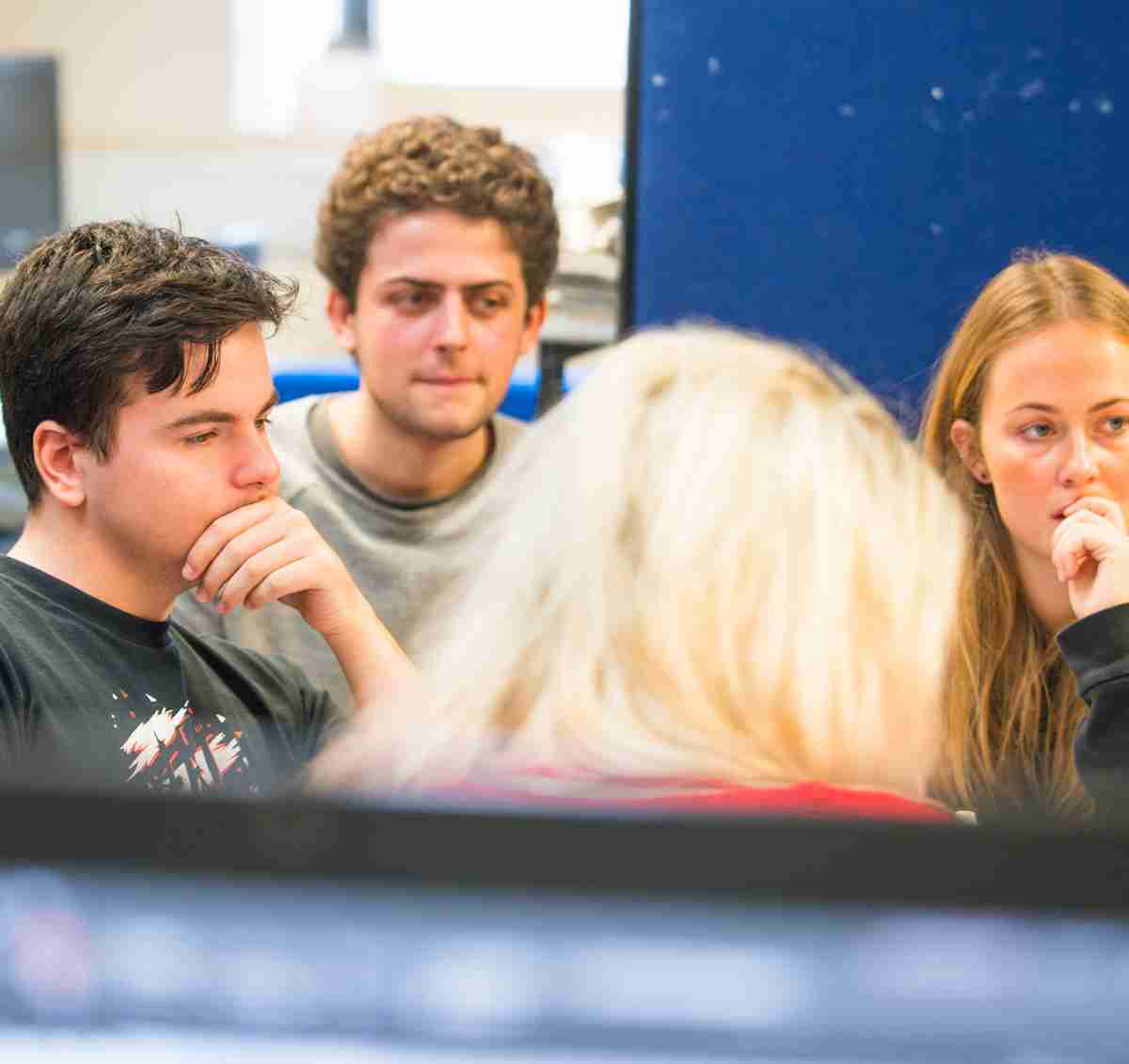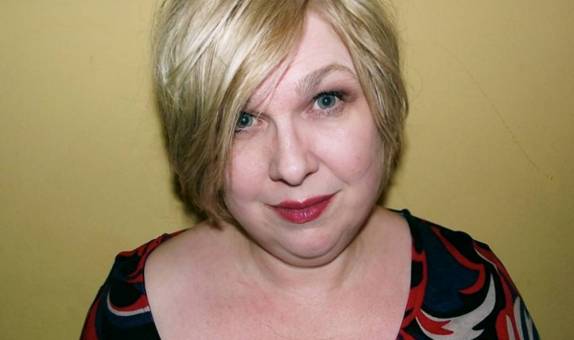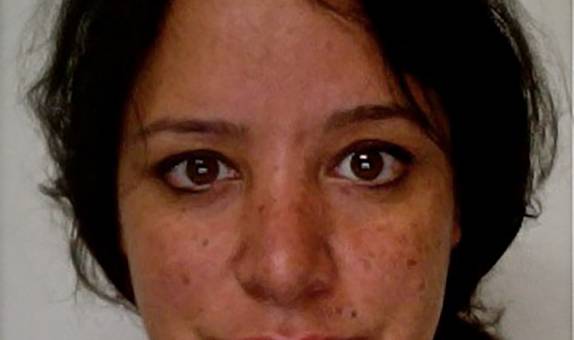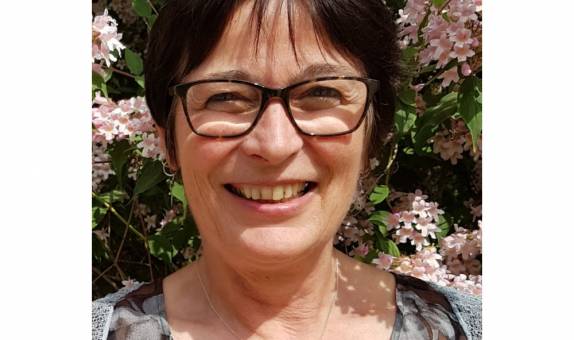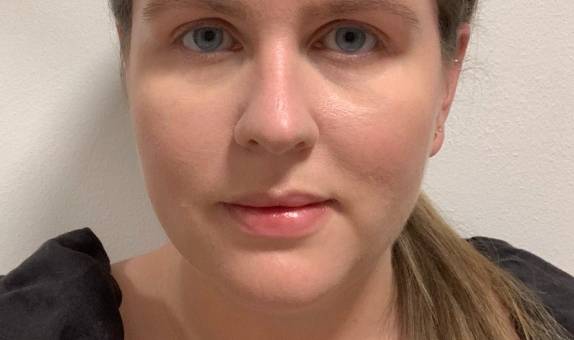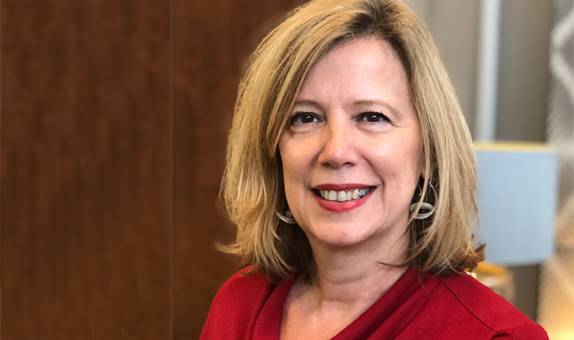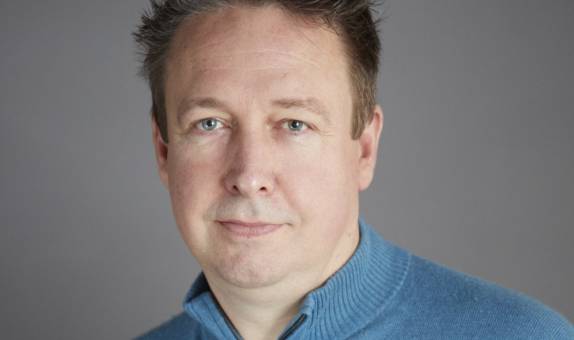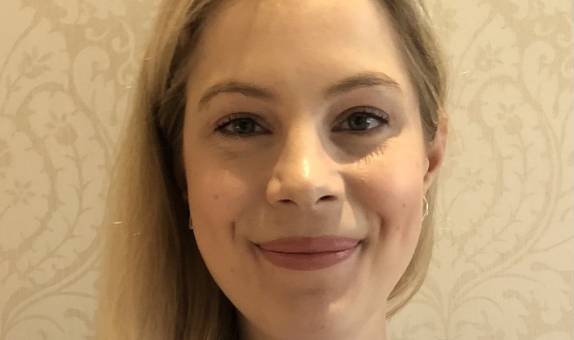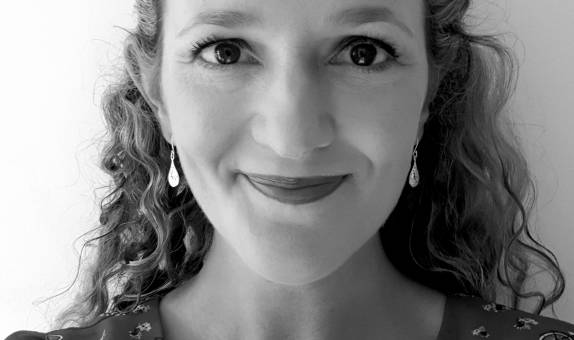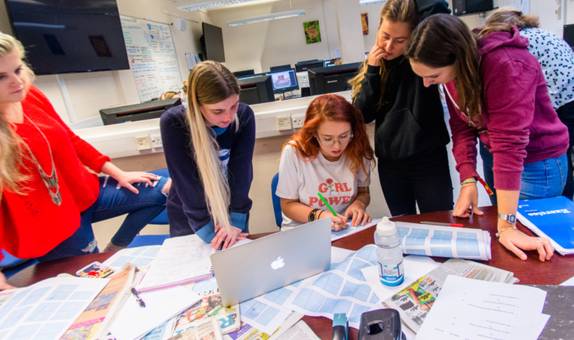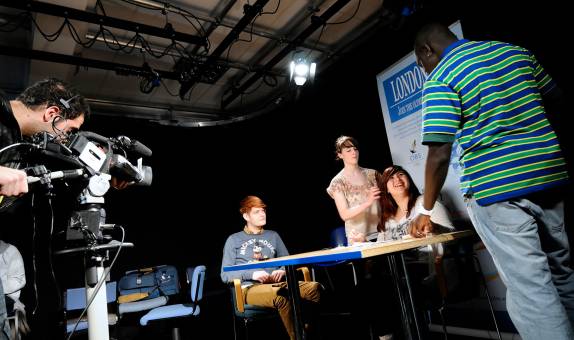Journalism and Media BA (Hons)

Teaching Excellence Framework (TEF) Gold award
Our commitment to high quality teaching has been recognised with a TEF Gold rating. The University has received an overall rating of Gold, as well as securing a Gold award in the framework's two new student experience and student outcomes categories.
Why choose this course?
Get the creative and critical skills you need to handle life in a networked media and journalism world.
This course enables you to thrive in modern media and journalism environments and empowers you with a thorough knowledge of where social and technological change will take us. Through practical modules, you'll develop your writing, editing and production skills. You'll also acquire an understanding of the legal and ethical implications that may apply to your work.
You will graduate with a portfolio of exciting and innovative audio, visual and digital outputs to launch your career. A focus on employment is at the heart of the course, making you industry-ready through our Future Skills programme.
Our graduates have gone on to work in top media companies including the BBC, Reuters, Sky, Channel Four, Hearst UK, Haymarket Media Group, EMAP, DMG Media and REACH.
Follow us on Instagram @kingstonjourno or X @kingstonjourno to see some of the great work we and our graduates are doing.
| Attendance | UCAS code | Year of entry |
|---|---|---|
| 3 years full time | PP53 | 2024 (Clearing) 2025 |
| 4 years full time including sandwich year | P513 | 2024 (Clearing) 2025 |
| 4 years full time including foundation year | P5P3 | 2024 (Clearing) 2025 |
| 6 years part time | Apply direct to the University | 2024 (Clearing) 2025 |
Please note: Teaching on this course may take place on more than one KU campus.
| Main Location | Penrhyn Road |
Reasons to choose Kingston
- Kingston is ranked No.2 in London and Top 10 in the UK for Media & Film Studies (The Guardian University Guide 2024).
- Build creative media and journalism skills in audio, visual and digital communications and create a professional portfolio of interactive media, video documentary, social media assets, podcasts, scripts, websites and other professional outputs.
- Gain hands-on experience in industry-standard practice facilities, including a dedicated TV Studio, photography studios, digital video and audio editing suites, podcast rooms, and animation labs.
- Be empowered to make a difference by learning to recognise and assess the dynamics of social and technological change in contemporary media environments.
The Art School Experience
As part of Kingston School of Art, students on this course benefit from joining a creative community where collaborative working and critical practice are encouraged.
Our workshops and studios are open to all disciplines, enabling students and staff to work together, share ideas and explore multi-disciplinary making.

What you will study
Through a range of exciting modules you will learn how to critically analyse emerging debates in networked journalism and media, create content, undertake self-managed research, manage projects, initiate innovative ideas and prepare for a professional life working in the journalism and media industries.
Modules
Each level is made up of four modules, each worth 30 credit points. Typically, a student must complete 120 credits at each level.
Year 1
Year 2
Year 3
In Year 1, you'll start to build your practical core skills in journalism, as well as creative digital, visual and audio production. You'll study media literacy in the age of digital social networks, exploring and critically analysing the impact of social media on our lives and how it interconnects and shapes individual and collective identities.
You will learn how framing strategies are used to create content and social news across platforms. You will learn about working within journalism and media industries, with lectures and talks from professionals, and develop your self-awareness and personal development plans.
Core modules
Practical Journalism 1
30 credits
Writing is a key communication tool of journalism. This module introduces you to the language, practical conventions, contexts and functions of written journalism in the multimedia environment. Through studying and critically analysing the structure, style and content of articles published on websites, in newspapers and magazines you will begin to develop an understanding of how copy is gathered, put together and directed at specific readerships.
Through lectures and through practice in workshops you will learn to identify a story from raw, diffuse or incomplete information by the application of news values, to write it in appropriate style, to add headlines and online "furniture" and to upload it to a content management system.
Writing clear, accurate and engaging text relies on understanding and applying the rules of grammar, using the right words and constructing coherent prose. This module also helps you boost your grammar and punctuation skills, choose and use appropriate words and craft effective sentences and paragraphs. You will discover the underlying rules and principles, consider the impact of your writing decisions and develop your own writing and editing skills.
Also, by examining and practising skills needed to develop and write pieces such as: originating ideas, researching, assessing the reliability of sources, interviewing, organising material and adhering to house style, you will aim to produce journalistic news pieces and feature articles that are suitable for publication.
Thinking about Journalism
30 credits
This is a core module for full and half-field Journalism students. It offers a critical introduction to the discipline of journalism in all its forms, with particular emphasis on news. At its heart is a question central to studying journalism: why do journalists approach their trade in the way(s) they do, and what are the values, norms and assumptions underpinning their professional practice? The module commences with an examination of news values – the (often unspoken) 'rules of thumb' that determine the subjects/stories journalists report and the angles they pursue. It adopts a critical approach to examining reporting practice – introducing academic concepts like framing, agenda-setting and active audience theory to consider not only how journalists select and/or construct their narratives but also the increasing contribution of audiences themselves to the shaping of news discourse.
The module examines two other issues central to the role of the journalist: objectivity and public interest. Students are encouraged to critique the question of objectivity, with reference to real-world examples that both uphold and challenge this idea, including the practice of openly partisan/campaigning journalism. Public interest is examined in light of recent controversies that have exposed legal and ethical issues with contemporary journalism – including the 'phone-hacking' scandal and ensuing Leveson Inquiry and criminal prosecutions.
The module also acts as a more general introduction to the academic strand of the BA Journalism degree - introducing students to Kingston's personal tutor system and the conventions of essay-writing, Harvard referencing and exam technique.
Content creation & social news: analysis and practice
30 credits
This module introduces students to storytelling and framing strategies used to create content and social news across multiple platforms.
Through critical, analytic, and creative practice, students learn how breaking news narratives, everyday stories, and viral social media content function culturally and politically in local and global contexts.
The module also enables students to develop essential skills with critical summary, planning, collaborative engagement, self-awareness, global awareness, creative communication, and technology required for successful undergraduate study.
Digital Media Foundations
30 credits
This module aims to acquaint you with historical and contemporary digital media practices and design principles as a basis for developing media communication skills. You will develop visual thinking, software skills and an understanding of the range of digital media production by selectively experimenting with digital form and content. The module also provides you with the opportunity to bring knowledge from other modules and apply it to your digital artefact.
In Year 2, you'll build on the theoretical and conceptual understandings developed in your first year on the core module Researching the Media: Key Theories and Methods. You will also study the legal requirements of journalism in Practical Journalism 2 and you can diversify through studies in global political communication and the history of journalism.
You can study abroad or take a work placement in your second year at locations in Europe, the United States, and Australia.
In Year 2 you will continue to build knowledge and understanding of current and emerging debates around journalism and networked media environments and develop your critical and research skills.
You will grow your digital media and journalism production and content creation abilities through collaborative and individual practical projects and begin to develop a portfolio. You can choose from a range of optional modules including magazine or broadcast journalism, digital storytelling, scriptwriting or identity and difference.
You can study abroad or take a work placement in your second year at locations in Europe, the United States, and Australia.
Core modules
Practical Journalism 2
30 credits
This is a core module taken by both all second year journalism students. It aims to expand, develop and hone the print and online skills acquired in Practical Journalism 1. The module will also explore how journalism is shaped by the legal and regulatory context in which it is practised. Students will focus on story development, writing and editing in print and online, layout and page design, and video story-telling. They will also learn Teeline shorthand, aiming to reach a speed of 60-100 wpm. They will acquire a working knowledge of libel, contempt and privacy law as well as court reporting skills.
Researching the Media: Key Theories and Methods
30 credits
This module builds on the theoretical concepts introduced via prior learning, looking closely and in more depth at how these concepts emerged and developed in the twentieth and twenty-first centuries, and examines their utility in the understanding and analysis of contemporary media and communication cultures. It also introduces students to the research methodologies associated with the discipline of media and communication through a series of Research Methodology Workshops. These workshops will both re-cap on the relation between theory and practice explored in the module and prepare students for undertaking research using a methodology of their choice that address a particular topic or issue in the field of media and communication.
Optional modules
Magazine Journalism
30 credits
The UK magazine industry has never been more exciting and challenging. Despite digital and economic changes modern magazines devoted to trends and interests endure. This module looks at how these contemporary publications are positioned and how they co-operate to weave together strands of information. In this module you will learn about the contexts in which contemporary magazines operate. You will look at the current state of the periodicals sector and reflect on trends and developments by researching, originating and developing a magazine concept for a specified readership. You will build effective editorial, team-working skills and adapt these to the needs of differing audiences and objectives through the origination and production of your own magazine. You will apply journalistic skills to create a portfolio of articles and will use design and layout skills to produce a dummy magazine.
Journalism in History and Literature
30 credits
This module aims to set the processes and outputs of UK journalism within their historical and literary context. You will develop an understanding of how journalism developed as a commercial activity and a recognisable profession in the nineteenth century and how these beginnings influenced the shape of journalism throughout the twentieth century, with the growth of the tabloid press, the battles of the press barons, the rise and fall of the power of the print unions and the growth of consumer and lifestyle journalism. You will discuss and debate key issues such as the growth of campaigning and investigative journalism and the freedom of the press in a democratic society.
You will be introduced to the journalism of writers such as Defoe, Swift, Steele, Dickens, as well as more modern literary journalists such as George Orwell. You will develop an understanding of how these writers helped shape the course of journalism. You will also have the opportunity to study two key texts in depth, chosen as examples of literary journalism, and examining them in their historical, cultural and theoretical contexts.
Broadcast Journalism
30 credits
This module will give students the hands-on editorial experience of news broadcasting using video and audio and provide them with the tools needed to deliver compelling stories. The course will be taught through weekly lectures and technical workshops. At the end of the module, students will have a digital portfolio containing a TV package and a radio report.
Students will be supported while they learn how to capture and record news using industry standard equipment. They will develop an ability to write for pictures and to craft sound. They will receive voice coaching and get the chance to read a radio bulletin and present pieces to camera. They will become confident in the language of the broadcast newsroom.
In an increasingly digital media environment broadcast news has had to adapt the way it produces content. These technological advances have also influenced the way people digest news coverage. Therefore, alongside learning traditional methods of broadcast journalism, students will be introduced to podcasts. They will learn what the digital world means for storytelling and what the video-enabled internet means for live reporting.
Although the world of conventional broadcasting is changing rapidly, good ideas will always hold creative currency. Students will be required to generate and pitch two original TV and radio ideas with particular audiences in mind.
Digital Media Practices
30 credits
This practical module aims to consolidate the knowledge and skills acquired in Year 1 where students developed visual thinking and software skills including video editing. It provides students with the skills and experience needed to research, plan and design digital media projects reflecting on their cultural identity and how this influences their thinking and professional creative practice. Students also work in groups following client's briefs for real work experience.
Digital Storytelling
30 credits
This practical module aims to develop your skills and abilities to produce digital products - audio, video, games, images - in a way that meets contemporary audiences' changing expectations. You will consider how digital technology can be used to deliver media in the most compelling ways, and analyse how digital storytelling is altering both audiences and the wider media industry. The module aims to provide you with the specialist vocabulary, concepts and skills required for the use of digital storytelling in a variety of professional contexts such as commercial and educational campaigns and the interactive media industries.
You will consider the short history and emergence of digital storytelling by looking at case studies from various media such as news, television and the internet. You will look at the role of digital storytelling in narrative theory, such as the representation of narrative action, plot and character, and the use of words, images and sound as narrative devices. You will learn how to apply this knowledge to your own media production projects.
Methods for the formal presentation of plans for digital stories such as storyboards and structure diagrams will be covered. You will learn skills in identifying a story with strong audio visual potential and how to grab the attention of the audience. You will further develop competence in recording audio, shooting photography and video, animation, building interactive games and incorporating powerful narrative into the production edit.
Identity and Difference
30 credits
This module introduces major theories in media and communication studies in order to explore the ways in which different social groups – different ‘identities'– are represented in the media as well as the lived experience of these identities. The module examines both mainstream and alternative media representations of gender and sexuality, 'race' and ethnicity, social class and national identity, diasporic identities, and disability. These are approached through theories that focus on the significance of ideas of ‘identity', ‘difference', ‘culture', ‘communication' and ‘ideology' in these representations. The module also addresses the ways in which the media address different audience groups in terms of their gender/sexuality, class, disability and ‘race'/ethnicity.
In the final year you will put your skills into practice through the production of a live publication, follow your specialist interests and gain vital professional work experience.
You'll produce the University newspaper and website The River, and undertake two weeks' work experience with a professional media organisation. You can choose from a range of optional journalism modules including specialist journalism in sports, fashion and visual storytelling, or journalism ethics. You can also select specialisms like TV Production or professional communication skills to suit your career path.
You will also develop specialist knowledge and research skills by completing a major piece of independent work on a specific communication or media topic of your choice.
Core modules
Practical Journalism 3
30 credits
The module incorporates involvement in the production of the campus newspaper, The River, and its web-based version, River Online as well as undertaking a period of at least two weeks work experience within a media organisation working in a professional environment producing and practising journalism.
Each student will take on an editorial role on The River as well as contributing news and feature articles. Roles may vary, but will allow students to observe and participate in essential activities which contribute to producing real journalism. Teaching takes place in our dedicated newsroom, equipped with live news feeds, online content management system, and industry-standard software packages including Adobe InDesign and Photoshop.
The placement will typically be for two weeks, although students who show initiative in negotiating more substantial work experience may be allowed to extend this period.
Media Research Project
30 credits
This module integrates multidisciplinary creative practices, theories of media and communication and research methods while undertaking an extended piece of writing or practice-based research. In the process, you will become more aware of theoretical debates, review research strategies, analyse the findings, synthesise research, develop a coherent, structured argument and draw conclusions.
It fosters a deeper understanding of what it is to be a researcher and creative practitioner in the media industries and professions, in the arts and social sciences, media arts and technology, digital humanities and cultural studies. It is pretty much up to you! You come up with a topic that really interests you and start researching.
As well as attending the seminars, this module is about working independently and discussing your work with your supervisors so they can guide your research. In addition students will work together to organise a symposium and present their work. In doing so, they will develop their critical analytical and transferable professional skills.
Optional modules
Journalism Specialism
30 credits
This highly practical module allows students to explore in depth and actively engage with a range of journalism specialisms which could include: Sports Journalism, Fashion Journalism, Investigative Data Journalism, Creative Non-fiction, Foreign Correspondence, Environmental Journalism, Business Journalism, Arts and Entertainment Journalism, Health and Science Journalism or Political Journalism.
Students will further develop their researching, writing, reporting and digital skills acquired through prior learning to produce professional copy and other outputs pertinent to each specialism such as: social media, video, data visualisations, etc. They will apply their newly-gained specialist knowledge using their acquired skills to the production of a portfolio of cutting-edge specialist journalism.
The practices of each area of specialist journalism will be placed in a context throughout the module. Through a series of lectures and in-class discussions students will gain insight into each specialism and how it works. They will acquire an appreciation of the historical, cultural, global and economic issues which specialist journalists must understand. The module prepares students to pursue jobs within specialist beats upon graduation.
Journalism, Ethics and the Industry
30 credits
This module aims to build on students' critical understanding of the function of journalism, its place in society and its ethical, legal, technological and commercial framework. It develops material on the nature, history and purpose of journalism covered in earlier modules to critically examine how the UK media has risen to the challenge of reflecting and representing the ever more socially and culturally diverse Britain of today – as well as its duty to accurately and impartially report on foreign affairs and conflicts.
By considering concepts such as truth, objectivity, accountability, a free press, freedom of information and public interest in relation to journalism, students will develop an awareness of the tensions between journalists, readers, sources and proprietors in a changing media landscape and what it means to be an ethically responsible journalist.
Students will also examine the impact of social, technological and commercial changes on the practice and business of journalism, including the decline of conventional advertising, the increasing plurality of media forms, changing audience demands and expectations, and the rise of news aggregating websites and cheap ‘content' over costly original reporting.
Professional Communication Skills
30 credits
This module covers a broad range of topics to engage students in different genres of communication to develop both spoken and written skills necessary for employability. The topics, drawn from sociolinguistics, stylistics and discourse analysis, include analysing interaction in the professional setting, copy-editing, writing to a specific brief and presenting a professional brief. Through interactive lectures, guest talks, personal tutorials, and a workplace option where students have the opportunity to experience working practices, students are encouraged to develop skills and reflect on their own practices as a way of gaining an understanding of communication matters in real life and work contexts. The module's focus on professional interactional and writing skills as well as its links to Kingston's KU Talent activities and events guides students in planning their careers and developing their employability skills.
Television Production
30 credits
This is a practical module designed to enable students to experience and work in a professionally-focused industry environment, and develop television production skills such as multi-camera operation, sound, mixing and teleprompting. Students will learn how to work and operate a professional broadcast studio as well as developing TV production skills. In addition, students will build on and reinforce employability skills such as problem-solving, time management and dependability sought by employers looking to fill graduate positions. Students will be encouraged to reflect on their professional practice and critically evaluate their teaching and learning contributions.
Issues in Contemporary Media Environments
30 credits
This strand-based module builds on students' awareness and experience of living in contemporary digital media environments. Strands vary each year to reflect current debates related to one area of practice and research in emerging media technologies. Each strand will look at how the selected issue is represented in public debates, or how it is treated in media policies and regulations. Strands are broadly focused on: AI and machine learning, issues in digital art practices, cult social media and digital folklore, evolution of celebrity and influencer cultures, sustainability; environmentalism; and transnational online streaming environments.
Each strand is taught by a different lecturer and has its own syllabus and reading lists. Whilst the number and specific focus of the strands may vary from year to year, the content is always current and teaching delivery pattern as well as assessments in various strands remain the same.
Please note
Optional modules only run if there is enough demand. If we have an insufficient number of students interested in an optional module, that module will not be offered for this course.
Foundation year - Humanities & Arts
You can also study this course with a Foundation year.
Future Skills
Knowledge to give you the edge
Embedded within every course curriculum and throughout the whole Kingston experience, Future Skills will play a role in shaping you to become a future-proof graduate, providing you with the skills most valued by employers such as problem-solving, digital competency, and adaptability.
As you progress through your degree, you'll learn to navigate, explore and apply these graduate skills, learning to demonstrate and articulate to employers how future skills give you the edge.
At Kingston University, we're not just keeping up with change, we're creating it.

Entry requirements
If you would like to join us through Clearing 2024, please call our Clearing line on 0800 0483 334 (or +44 020 8328 1149 if you are calling from outside the UK) and speak to our friendly and knowledgeable hotliners who will be able to provide information on available courses and will guide you through your options.
Please note the entry requirements listed below are for 2025 entry only.
Time-lapse video of Kingston University's student run publication, The River, being produced.
Teaching and assessment
Scheduled learning and teaching on this course includes timetabled activities including lectures, seminars and small group tutorials.
It may also include critiques, project work, studio practice and performance, digital labs, workshops, and placements.
Who teaches this course?
Many of the teaching team are practising journalists, media practitioners and theorists who bring their professional and academic expertise into the classroom: they will help you to develop your skills, networks and gain access to industry contacts. Their expertise and knowledge is closely matched to the content of the modules on this course.
Academic teaching is supported by visiting speakers, industry professionals and guest lecturers who enhance your learning.
Fees and funding
Additional costs
Depending on the programme of study, there may be extra costs that are not covered by tuition fees which students will need to consider when planning their studies. Tuition fees cover the cost of your teaching, assessment and operating University facilities such as the library, access to shared IT equipment and other support services. Accommodation and living costs are not included in our fees.
Where a course has additional expenses, we make every effort to highlight them. These may include optional field trips, materials (e.g. art, design, engineering), security checks such as DBS, uniforms, specialist clothing or professional memberships.
After you graduate
We embed skills in your curriculum and help you shape your career. Recent graduates work as social media managers, account executives, digital journalists, copywriters, web editors and video producers. Employers include Barcoff studios, Apple, the BBC, Saatchi Gallery, Discovery Channel, Google Play and Winkreactive.
What our graduates say
Key information set
The scrolling banner(s) below display some key factual data about this course (including different course combinations or delivery modes of this course where relevant).
Course changes and regulations
The information on this page reflects the currently intended course structure and module details. To improve your student experience and the quality of your degree, we may review and change the material information of this course. Course changes explained.
Programme Specifications for the course are published ahead of each academic year.
Regulations governing this course can be found on our website.


